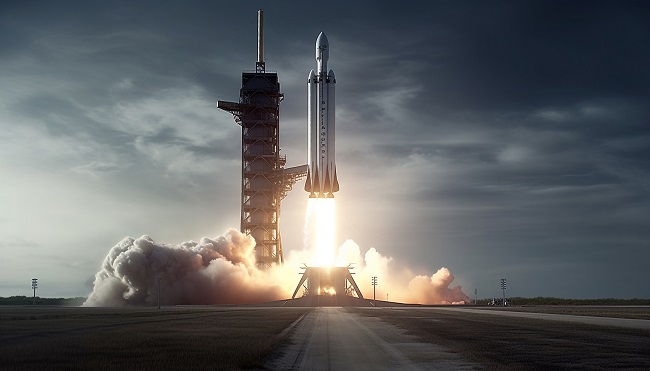NASA Cancels $2B Satellite Servicing Test Project Due To Budget
Forbes Middle East: NASA announced Friday the termination of a $2 billion project aimed at testing methods for servicing satellites in space, such as refueling, following higher-than-expected hikes in projected costs and delays in the project timeline.
Project discontinued
“NASA has decided to discontinue the On-orbit Servicing, Assembly, and Manufacturing 1 (OSAM-1) project due to continued technical, cost, and schedule challenges, and a broader community evolution away from refueling unprepared spacecraft, which has led to a lack of a committed partner,” the US space agency said in an update on its website.
In a previous update from October, NASA reported that ongoing cost increases for the OSAM-1 project are expected to surpass $2.1 billion, adding that the launch was to be delayed beyond its December 2026 target.
A significant portion of the cost hikes and schedule delays was associated with the “poor” performance of contractor Maxar, according to NASA.
Prior to the project, Maxar secured a contract with NASA in 2019 to contribute to the construction of the Gateway platform in lunar orbit. This platform plays a critical role in supporting future American missions meant to ferry astronauts to the Moon.
Moon race
While the recent US lunar spacecraft, Odysseus, faced challenges and concluded its operations early, lunar landing plans continued with renewed focus as China weighed in.
The spacecraft, belonging to Texas-based aerospace company Intuitive Machines, experienced a power loss and entered a dormant state on Thursday after landing in the Moon’s south polar region. This concluded its operations a week after an uneven landing that limited its ability to perform scientific tasks.
The company, which was responsible for building and operating Odysseus under a contract with NASA worth $118 million, received a final signal from the spacecraft before it powered down. It said it had plans for a second lander with more improvements.
On Thursday, China’s space agency announced its intention to land its first astronauts on the Moon before 2030. Additionally, they aim to integrate the development and use of their space station with their human lunar exploration efforts throughout the current year.


























